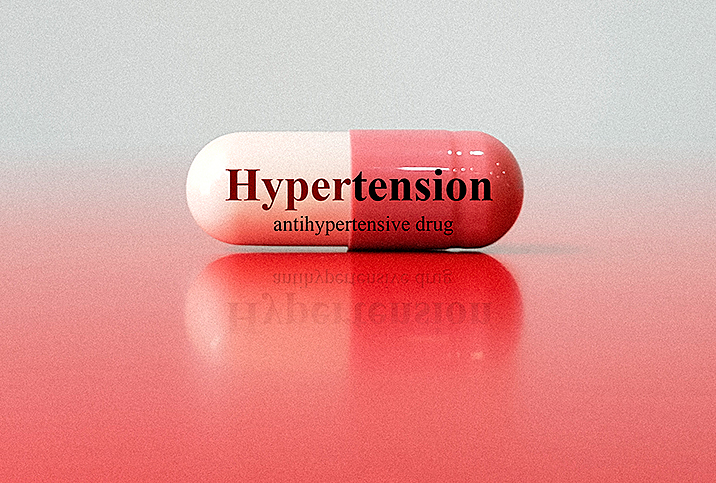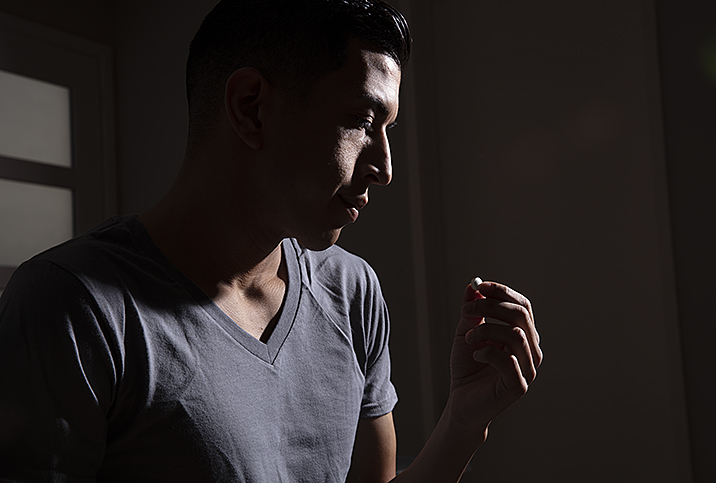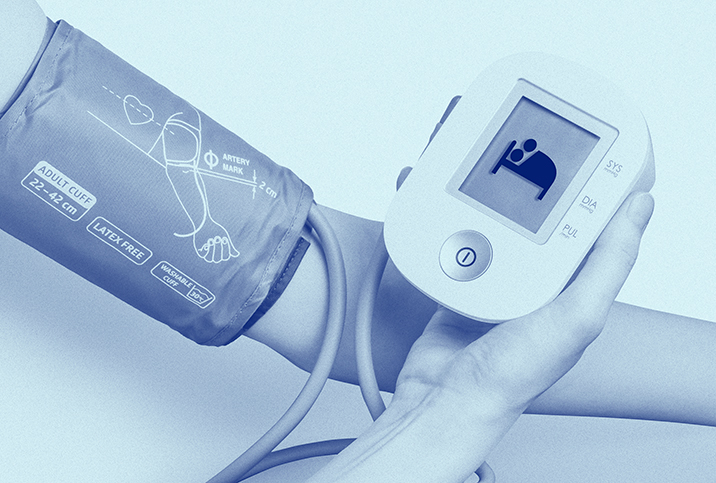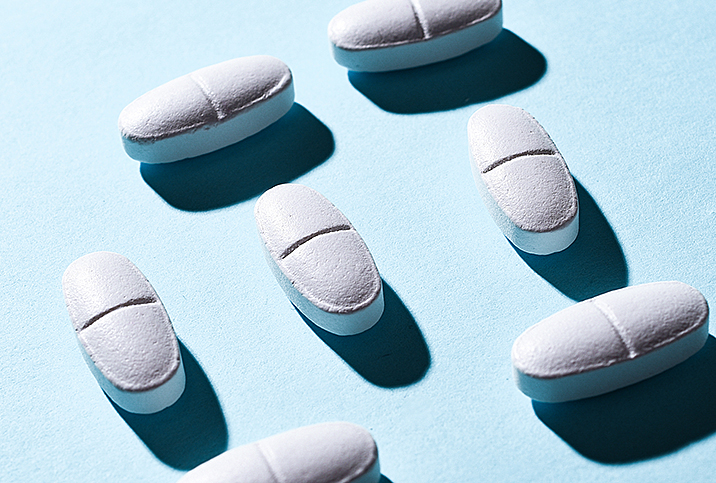Why Controlling Hypertension Is Key to Controlling ED

Men showing early signs of erectile dysfunction (ED) often discover cardiovascular issues are at the root of their symptoms.
"It's common for guys with ED to also have undiagnosed hypertension," said T. Mike Hsieh, M.D., a professor of urology at the University of California San Diego and director of the university's Men's Health Center.
Apparently, this correlation is skewing younger, too. Hsieh said that because the American lifestyle has become so unhealthy, it's common to see ED and heart problems arise earlier in men's lives and become long-term problems.
"Since the blood vessels of the penis are about one-tenth the size of the coronary artery, ED patients can also be at a higher risk for heart disease," he said.
Penile blood vessels are small, so it doesn't take much to impact them, said Lawrence Jenkins, M.D., a urologist who practices at Urological Associates of Southern Arizona. He said ED could show up as early as 5 to 10 years before a heart attack.
Diabetes is also a notable marker in the onset of ED. Men with type 1 diabetes who didn't control it when they were younger can experience ED as early as their 40s, according to Jenkins. Type 2 diabetes usually occurs later in life, typically as a result of poor diet and little exercise, and ED symptoms can manifest when a patient is in their 50s or 60s.
Hypertension can also result in kidney disease and, ultimately, possible kidney failure, Jenkins said.
"Kidneys get 20 percent of each beat of the heart, and all of that extra pressure from hypertension causes the kidneys to have more scarring, decreasing the ability for it to filter," Jenkins said. "Some blood pressure medications help the kidneys respond by sending chemicals to reduce blood pressure, but that can affect erectile function via blood flow. ED is a canary in the coal mine—an early warning sign of things not working correctly."
The tipping point for hypertension
A normal blood pressure level is less than 120/80. The first number, systolic blood pressure, measures pressure in the arteries when the heart beats. The second number, diastolic blood pressure, measures pressure in the arteries when the heart rests between beats. The higher the numbers, the more a person is at risk for heart problems.
Hypertension is blood pressure that is consistently higher than normal. Jenkins said there are two general levels at which hypertension must be addressed before ED:
- Hypertensive urgency (higher than 180/110) requires timely medical attention because it's a potential gateway to organ damage and other problems.
- Hypertensive emergency (higher than 180/120), as its name suggests, requires immediate attention.
While neither level typically happens without another underlying cause, it is worth noting that any level of ongoing high blood pressure requires treatment, and ED symptoms could present themselves along with hypertension.
Reversing the clock is possible, but not probable
If you detect cardiovascular issues early enough, potential ED symptoms are reversible, Hsieh said.
"I'm lying if I tell a guy I can make him 18 again," Hsieh said. "If you're having issues at 30, 40, 50, we can reverse the clock by about 10 years. As we get older, though, our body does need more help. It's a natural part of aging."
A pivotal piece of turning back the clock is discovering endothelial dysfunction early. Blood vessels can become stiff through ongoing cardiovascular issues, and it can take years to see that damage, according to Hsieh. Treating high blood pressure early can help maintain proper blood flow—and, potentially, better erectile function—but it requires a lifelong process to manage normal function.
Medication is a common treatment
Drugs are routinely prescribed for hypertension, but two classes, beta blockers and diuretics, are more likely to affect blood flow and result in erectile dysfunction. If you're experiencing ED symptoms and believe your blood pressure medication may be the cause, talk to your doctor about different medication options.
Treatment for high blood pressure is necessary—the risks are too great otherwise, not just for heart problems but also for ED.
Men with untreated high blood pressure have worse blood flow in the penis than men with normal blood pressure, but those differences disappear with the use of blood pressure medication, according to research presented in 2020 by the European Society of Cardiology.
However, penile blood flow is similar for both treated and untreated men with hypertension, implying there is already significant structural damage in the penile arteries and that adding antihypertensive drugs won't worsen blood flow, the study reported. But medication does have a negative impact on blood flow for men with "normal" or "high-normal" blood pressure and minimal structural damage to the penile arteries.
This is why, perhaps, the best medication of all is common sense.
"The biggest thing is prevention [through] a healthy lifestyle," Jenkins said.


















